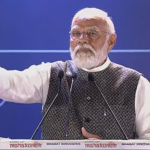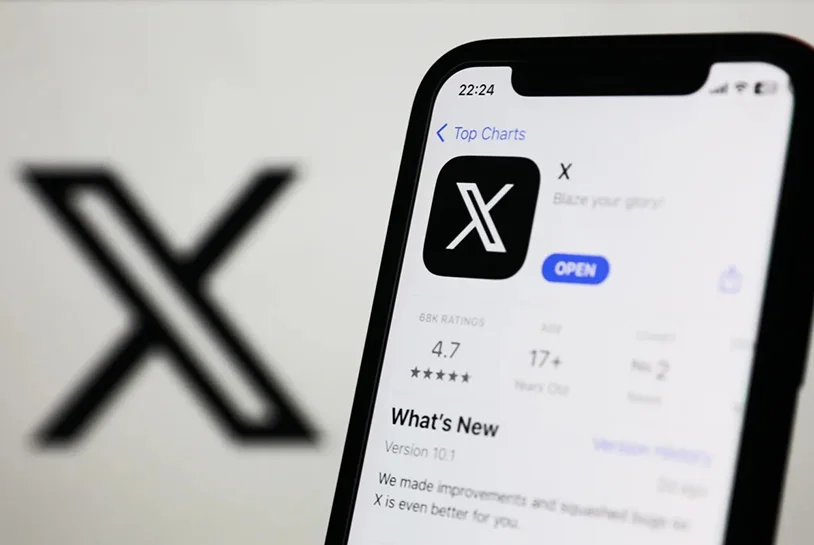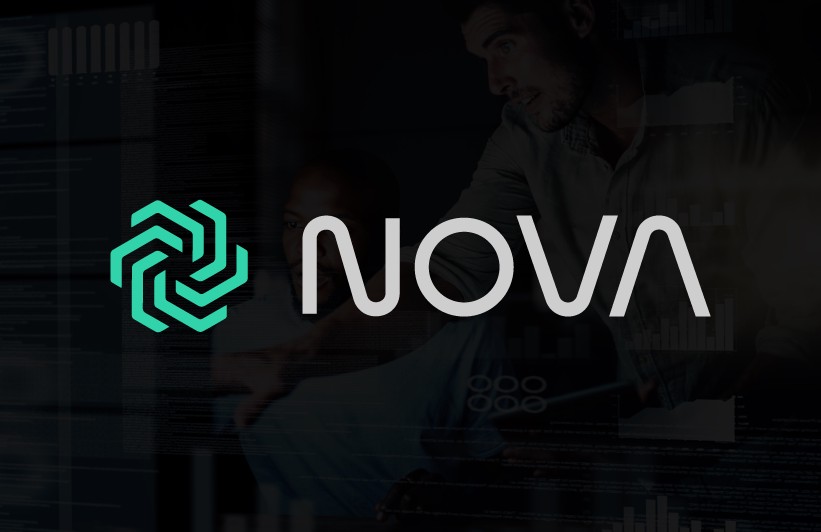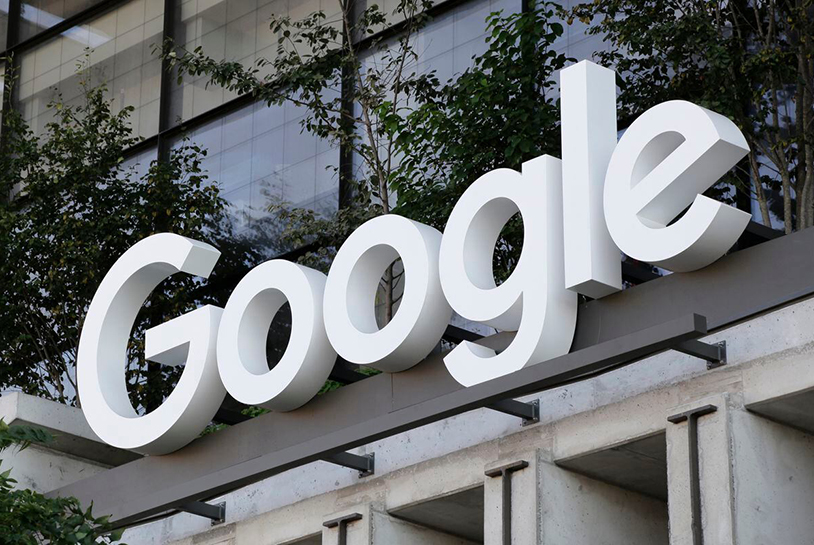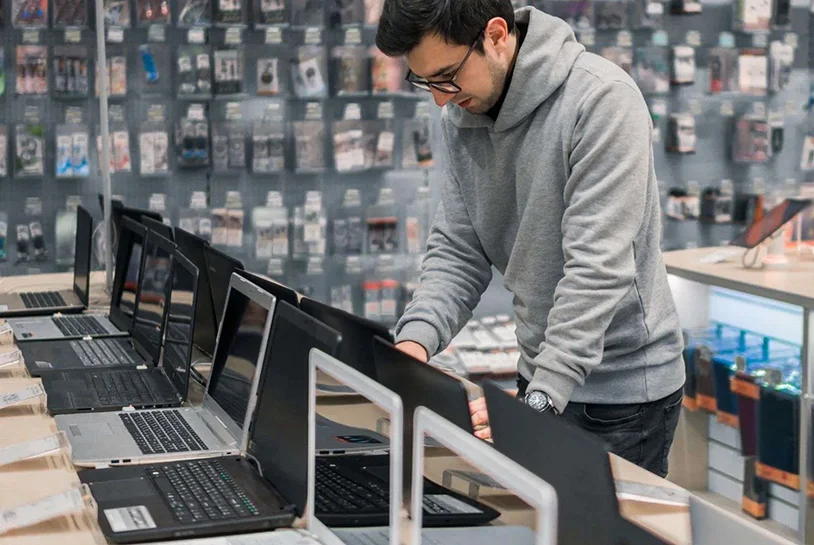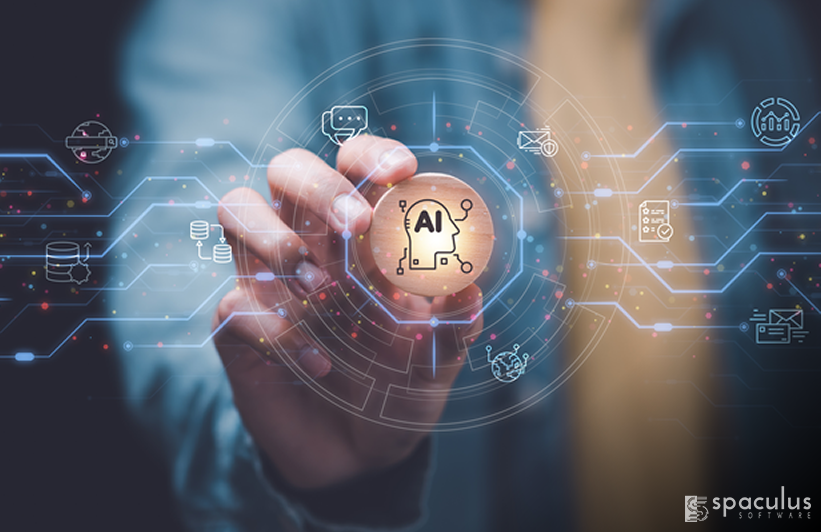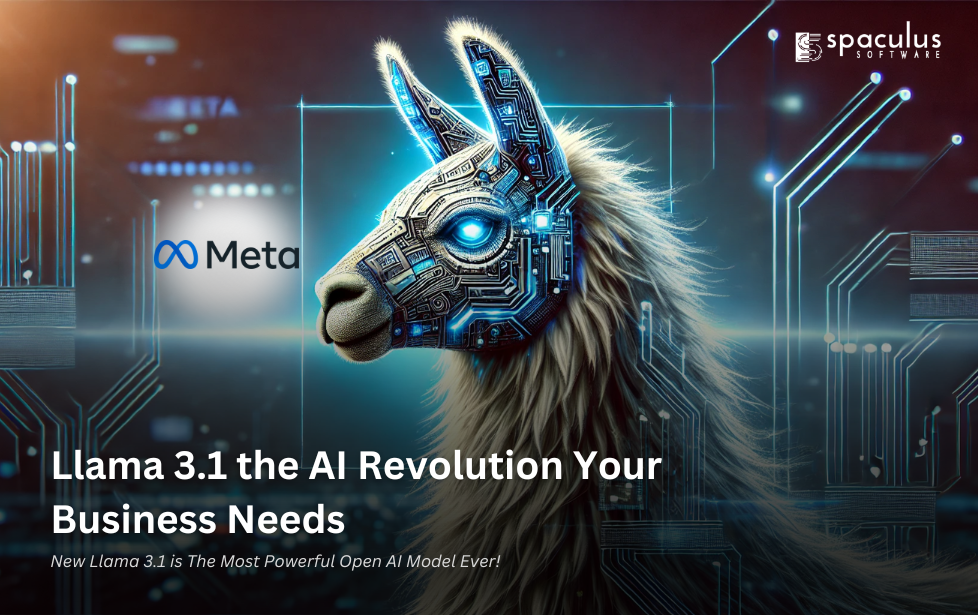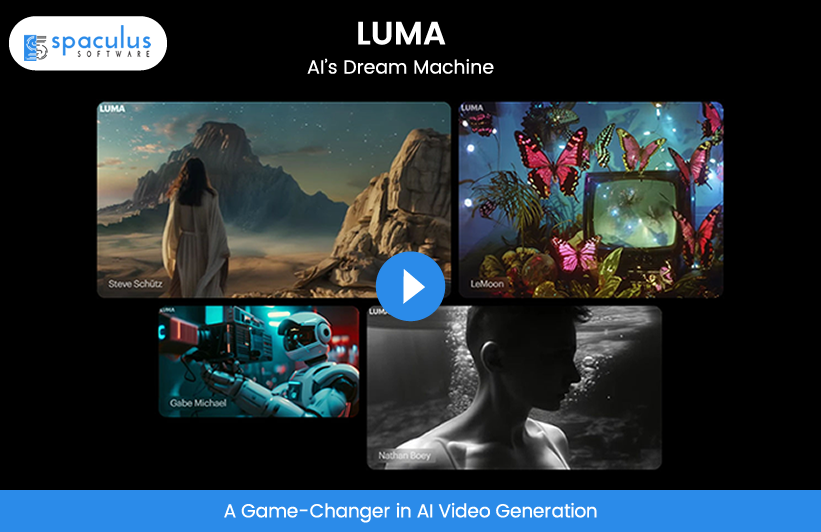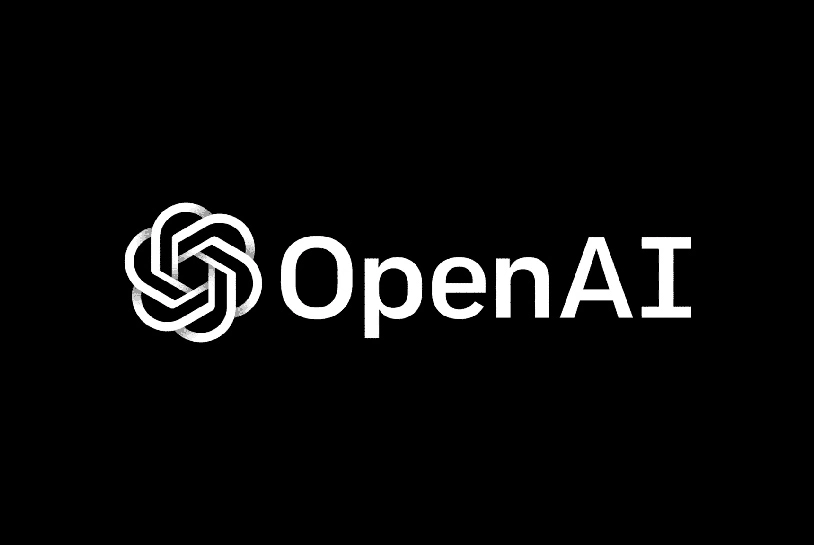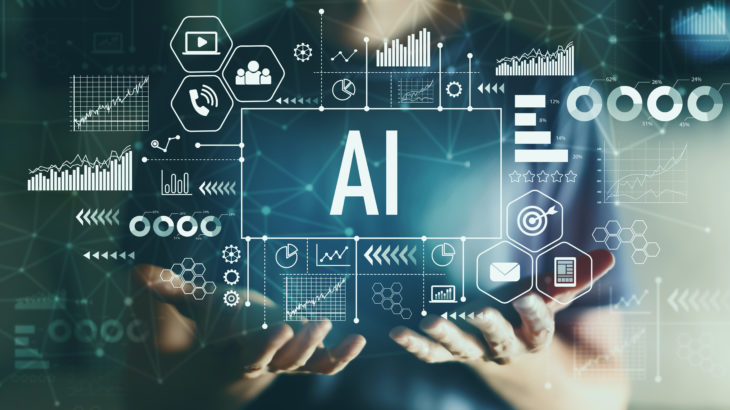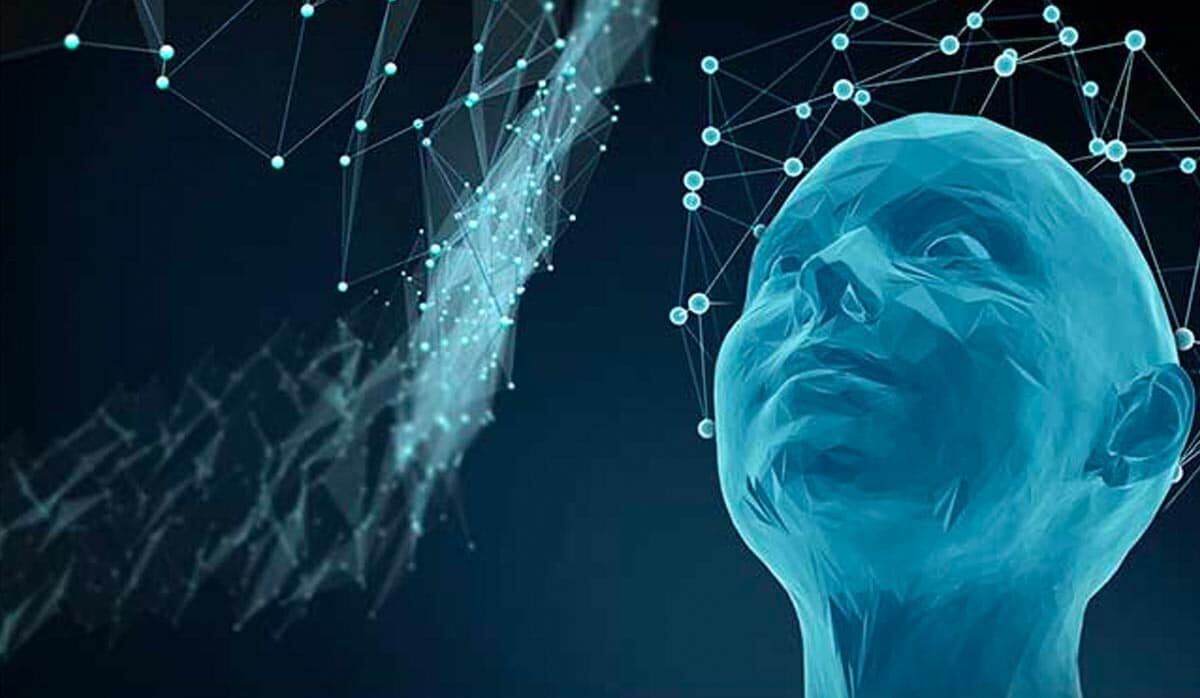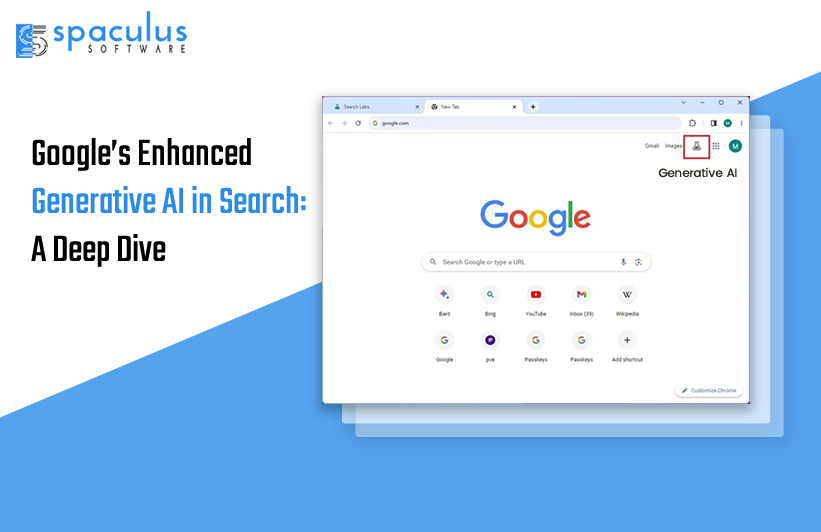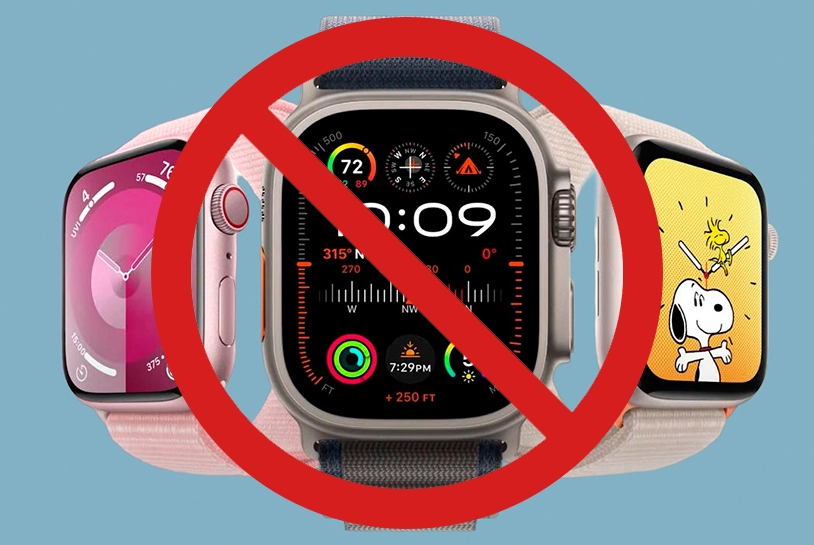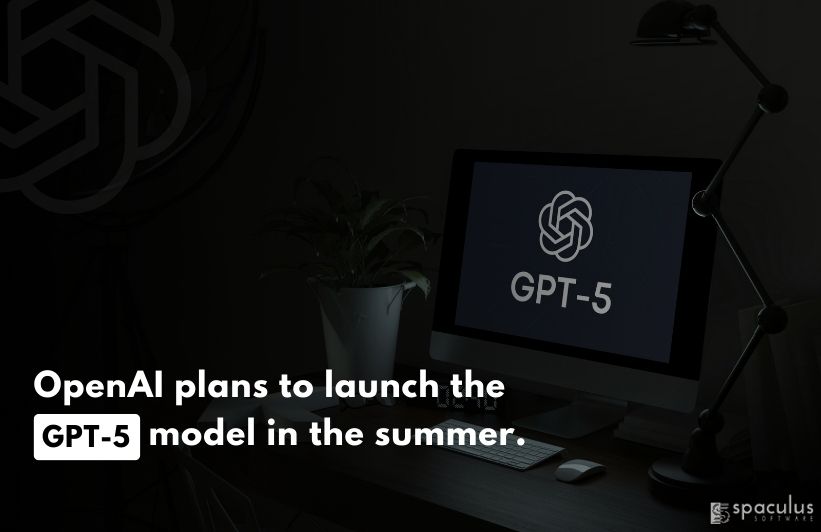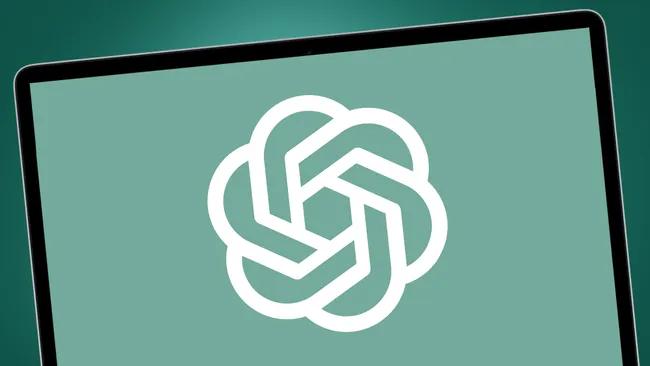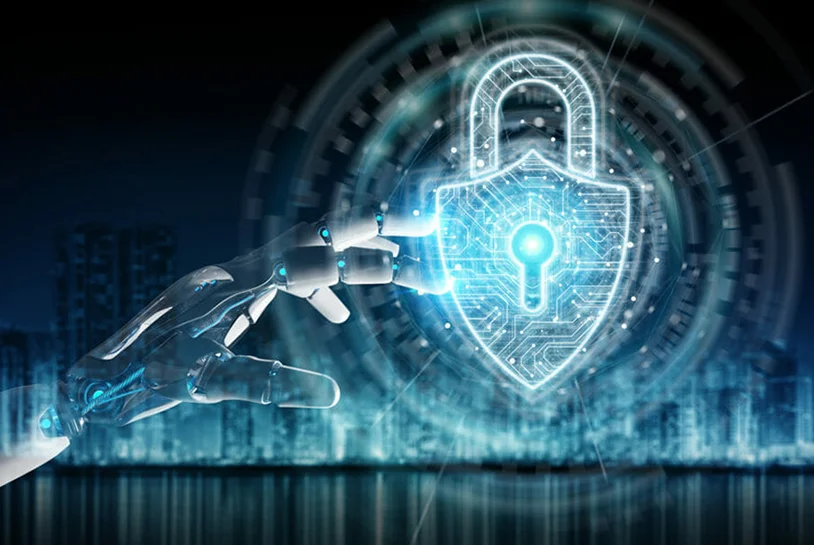UK court bans patents for two AI-based inventions.
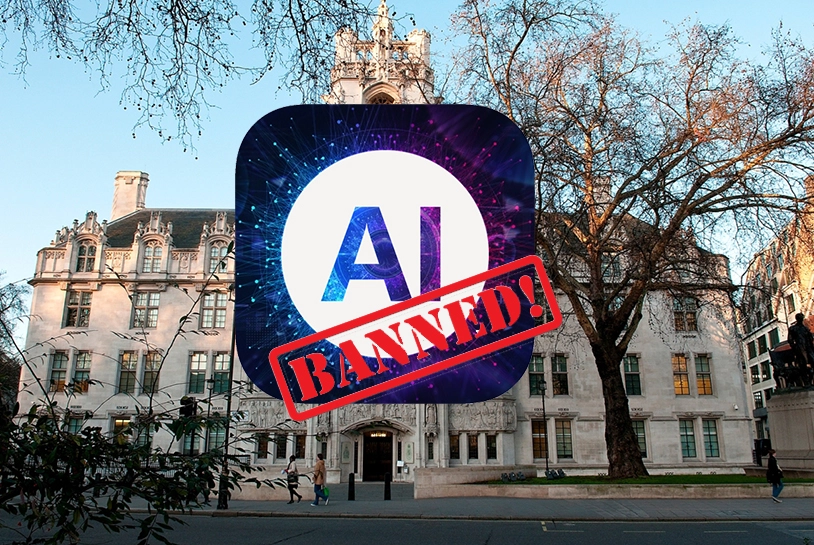
- Dec 28, 2023
- 3 Mins read
- Category: AI
The UK’s supreme court has ruled that AI cannot be named as an inventor and secure patent rights. It follows earlier decisions from lower courts that reached the same conclusions.
On Wednesday, US computer scientist Stephen Thaler lost his attempt to register patents for inventions he says were created by his AI system, DABUS.
Thaler said DABUS autonomously created a light beacon and a container for food and drink, and entitled to rights over the inventions.
The UK’s Intellectual Property Office had previously denied the request, concluding that an inventor must be a human if it wanted to apply for patents.
Thaler’s lawyers said in a statement shared with Reuters that the ruling “establishes that UK patent law is currently wholly unsuitable for protecting inventions generated autonomously by AI machines and as a consequence wholly inadequate in supporting any industry that relies on AI in the development of new technologies.”
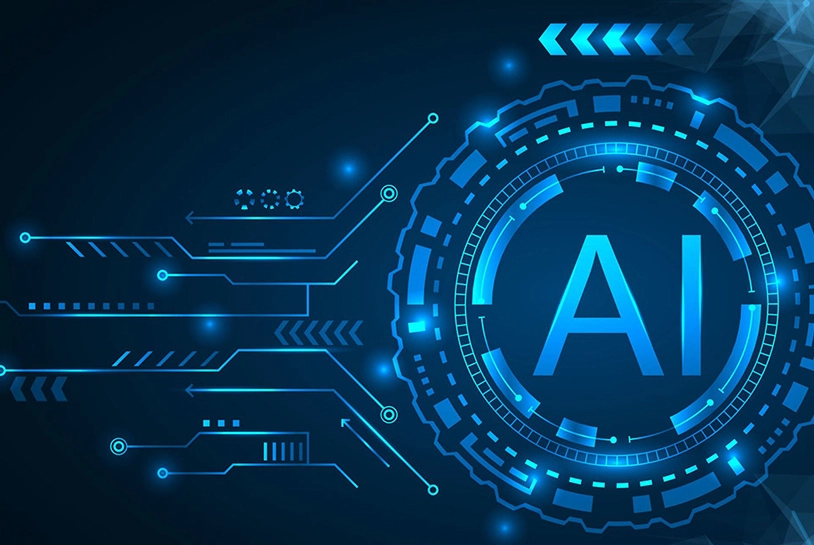
Thaler has previously filed other lawsuits related to AI inventions, including an attempt to have his AI system listed as the creator of an artwork.
In that case, a federal judge upheld the US Copyright Office’s decision to reject Thaler’s application in August. In her ruling, US District Judge Beryl Howell said humans are an “essential part of a valid copyright claim” and “human authorship is a bedrock requirement of copyright.”
Copyright has been a thorny issue for work created by generative AI systems.
The US Copyright Office has denied several copyright claims for artwork created with generative AI systems. AI companies including OpenAI are also facing lawsuits from artists and writers who said models were trained on copyrighted content.
Thaler told Business Insider via email, “DABUS is a sentient organism and not a dumb machine. We can discriminate against it now, but inevitably, we will recognize such an attitude as prejudice.”

